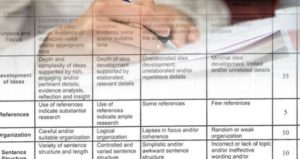The Case for Reading Quizzes
With most instructional practices, it’s all about how they’re implemented. That’s what determines whether they’re right or wrong. Professor Tropman teaches introductory and upper division philosophy courses. She acknowledges that there are arguments against using reading quizzes, but writes, “I have had success using quizzes




